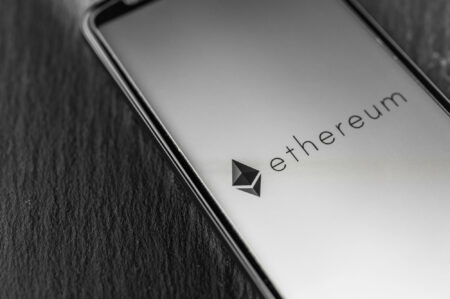What happened this week in the world of blockchain and cryptocurrencies? The most relevant local and international events as well as appealing background reports in a concise and compact weekly review.
Selected articles of the week:
Switzerland positioned itself early on as a leading crypto jurisdiction by creating a regulatory environment that combined innovation with investor protection while leveraging its reputation for stability and privacy. FINMA’s 2018 ICO guidelines were internationally unique. Likewise, the DLT legislation introduced in 2021 was a milestone, bringing legal clarity for blockchain-based assets for the first time worldwide. This proactive approach solidified “Crypto Valley” as a global hub for blockchain innovation. However, countries in Asia and the Middle East are catching up quickly, offering increasingly attractive frameworks – with the policy shift of the Trump administration acting as a catalyst. In Switzerland, by contrast, political momentum has faded since those milestones. A new survey of parliamentarians confirms this: only 12% are considered clearly “pro-crypto.”
Switzerland has been a blockchain pioneer for years. But where does political commitment stand today?
SEC to modernize crypto rules
In the United States, the mood is different. The Securities and Exchange Commission (SEC) has published its Spring 2025 agenda, setting a clear focus on modernizing crypto regulation. The revised agenda includes proposals to restructure the trading and oversight of digital assets. Planned measures cover rules for the offering and sale of cryptocurrencies – including possible exemptions and safe harbors – as well as clarifications on how existing broker-dealer regulations should apply to crypto. SEC Chair Paul Atkins emphasized that the agenda represents a course shift: away from restrictive oversight toward an environment that fosters innovation, capital formation, market efficiency, and investor protection alike. The aim of the planned changes is to remove regulatory barriers and further open up the digital asset market.
SEC unveils new agenda: tougher crypto rules, eased requirements for Wall Street – focus on protection and innovation.
US exchanges permitted to offer crypto trading
In addition, US financial regulators SEC and CFTC have issued a joint statement easing the path for regulated exchanges to enter spot trading of crypto assets. The initiative is part of the SEC’s “Project Crypto” and the CFTC’s “Crypto Sprint” and builds on the recommendations of the President’s Working Group on Digital Assets (PWG Report) from July. Both agencies announced they would promptly review applications and inquiries from Designated Contract Markets (DCMs), Foreign Boards of Trade (FBOTs), and National Securities Exchanges (NSEs). The focus will be on margin requirements, clearing and settlement, fair market conditions, and investor protection. This move gives traditional US exchanges the green light to offer spot trading of selected cryptocurrencies – a step that will significantly improve access and liquidity for clients.
SEC and CFTC clear the way for spot crypto trading on regulated US exchanges, fostering innovation, liquidity, and investor protection.
Stablecoins instead of actual dollars
Amid an acute shortage of US dollars, Venezuela is increasingly relying on cryptocurrencies for payments. The government is gradually opening up to the stablecoin Tether (USDT) to stabilize the private foreign exchange market and keep the economy running. US sanctions have almost completely blocked the inflow of dollars. In response, the government is establishing stablecoins as an alternative. More and more businesses and citizens are using digital currencies for payments and as a store of value. This is making digital assets a central pillar of the Venezuelan economy. Even the state oil company PDVSA is now conducting transactions in USDT, as CVJ.CH reported back in April 2024.
Venezuela turns to USDT and cryptocurrencies amid dollar shortage – stablecoins emerge as the economy’s lifeline.
Acceleration of the Solana network
In addition: Solana is on the verge of a technological milestone. With the Alpenglow upgrade, transactions will soon be confirmed in just 150 milliseconds – nearly 100 times faster than before. The community has approved the project through a vote, paving the way for a new era of speed and efficiency. The consensus protocol upgrade is part of several planned technological improvements for Solana. Even today, the blockchain processes more transactions than all competitors combined. The roadmap foresees an Agora testnet at the end of 2025, followed by the mainnet launch in early 2026.
Solana launches the Alpenglow upgrade: transactions in just 150 ms, greater stability and scalability for DeFi and gaming.









